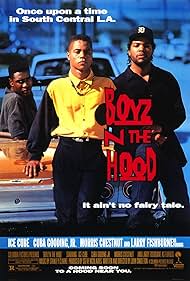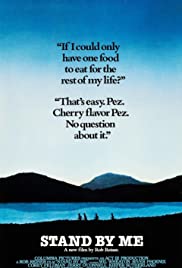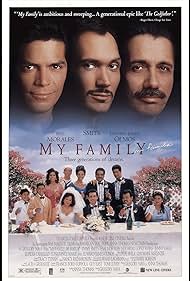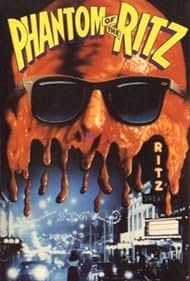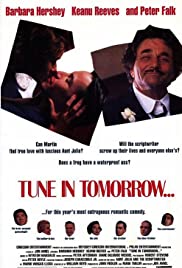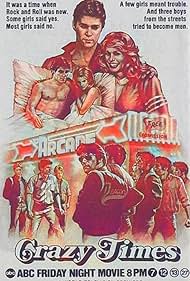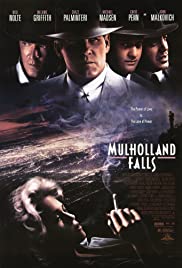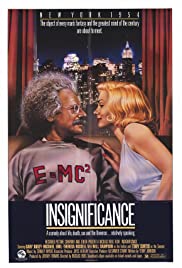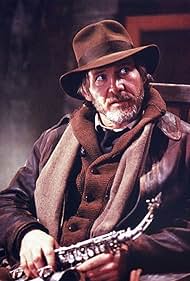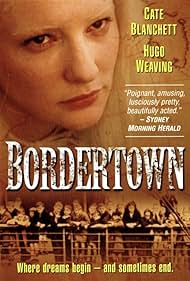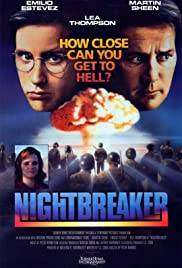Vida de Cão Banda sonora (1985)

Compre na Amazon Reproduzir e baixar trilhas sonoras
Mi vida como un perro
La mia vita a quattro zampe
My Life as a Dog
Sinopse
It's the late 1950s. Preteen Ingemar can't help but compare how good his life is to minor celebrities that have met unfortunate fates. It's all relative as he and his older brother Erik have somewhat of an antagonistic relationship. Their antics are a bit too much for their mother to handle, she who has to raise the pair on her own as their father is constantly away working on a cargo ship halfway around the world. Ingemar doesn't want to cause her any grief due to her health issues and she arguably being his favorite person in the world. But the combination of these issues makes her send the boys away for the summer, Erik to his grandparents, and Ingemar to his maternal Uncle Gunnar and his wife Ulla who live in a small town in Småland just outside of Kalmar.
There, Ingemar meets the bunch of eccentrics that inhabit the town and who start to shape his young life as he moves into early puberty. He will need their support more than ever as he begins to understand what is actually happening in his world, not only with his mother, but also his pet dog Sickar, who was placed in a kennel for however long he would be away. That support is somewhat tenuous as who is arguably his best friend in town, tomboyish Saga, a girl who masquerades as a boy so that she can play on the boys' soccer team, is going through her own changes, namely literally blossoming into a young woman with young womanly feelings.
Faça o download e reproduza a lista da trilha sonora
| Toque | Título | Artista |
|---|---|---|
|
Vida de Cão
|
||
|
Far, jag kan inte få upp min kokosnöt
|
||
|
Tryggare kan ingen vara
|
Lina Sandell:
(sem créditos) compositor desconhecido, letras
|
|
|
Twilight Time
|
||
|
Buona sera
|
||
|
Spirituals
|
Morton Gould:
Writer
|
|
